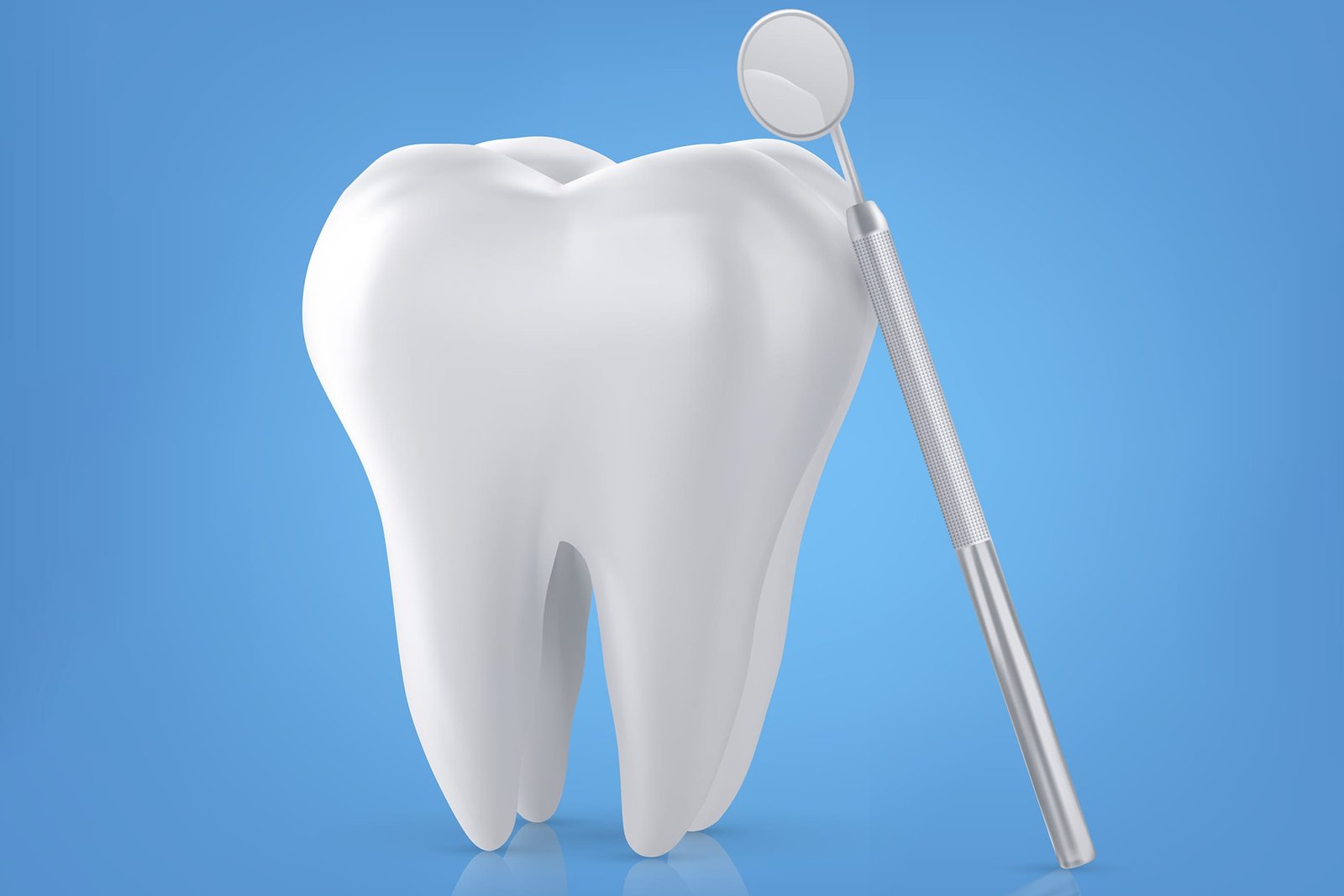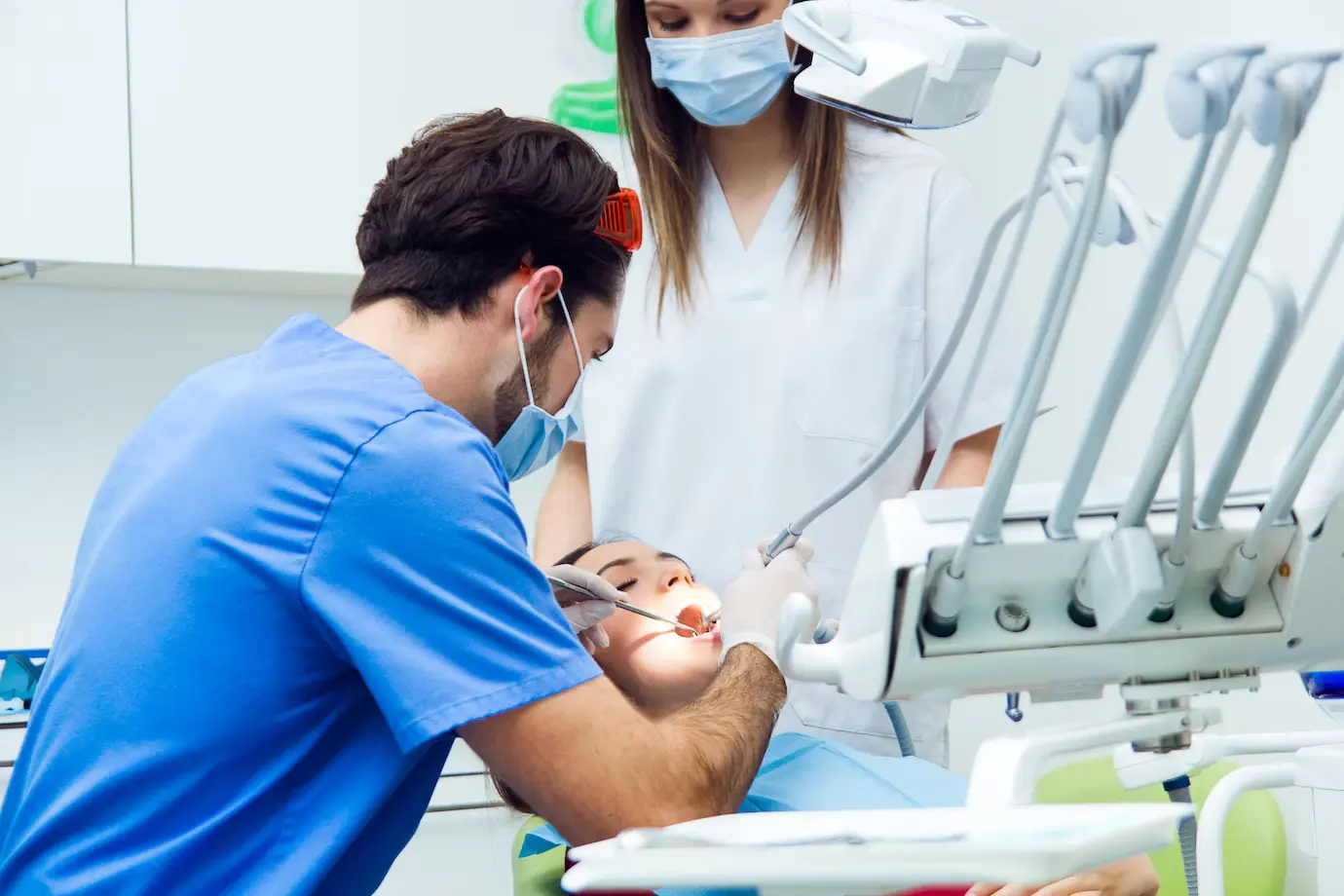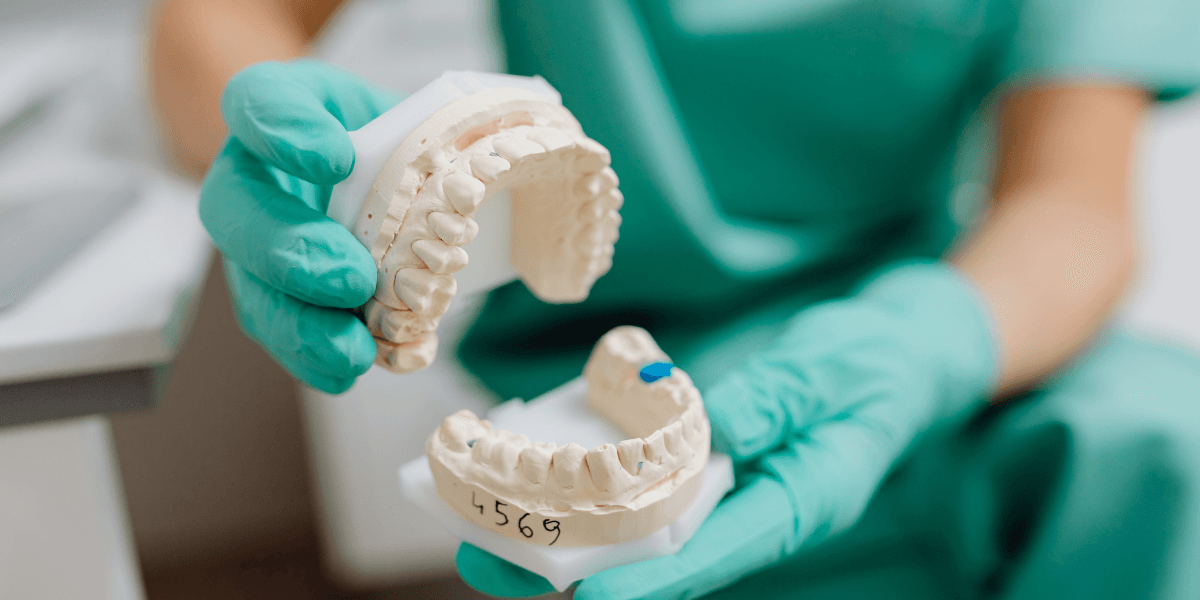After implant surgery, caring for your gums is crucial for a smooth recovery. The gums are tender after the procedure, making attentive care essential. With a focus on comfort and healing, Albuquerque periodontal and implant specialists recommend practical steps to promote healthy gums. These simple strategies can ease discomfort, protect your implants, and support overall oral health. Addressing gum care early ensures faster healing and reduces complications. It also helps maintain the integrity of your dental work. This means fewer concerns and a more pleasant experience as you recuperate. The journey to recovery may seem challenging, but with the right guidance, you can navigate the process confidently. You deserve effective support and reliable advice as you heal. This guide offers straightforward tips to nurture your gums and optimize recovery. Be proactive in your care, and you will contribute positively to your long-term oral health.
1. Keep Your Mouth Clean
Maintaining good oral hygiene is essential after implant surgery. Brush your teeth gently using a soft-bristled toothbrush. Avoid the surgical site to prevent irritation. Use an alcohol-free mouthwash to clean your mouth without causing dryness. Saltwater rinses can also be soothing. Mix a teaspoon of salt in a glass of warm water and rinse your mouth gently. This simple habit reduces bacteria and promotes healing.
2. Manage Swelling and Pain
Swelling and pain are common after implant surgery. Apply an ice pack to the outside of your mouth for 15-20 minutes at a time. This reduces swelling and numbs the area. Take over-the-counter pain relievers as directed by your dentist. Avoid aspirin as it can increase bleeding. Rest is also important. Give your body time to heal by taking breaks throughout the day.
3. Follow Dietary Guidelines
Your diet impacts your recovery. Stick to soft foods that don’t require much chewing. Examples include yogurt, mashed potatoes, and scrambled eggs. Avoid hot, spicy, or crunchy foods that can irritate your gums. Gradually reintroduce solid foods as you heal. Stay hydrated by drinking plenty of water, but avoid using straws as the suction can disturb the implant site.
4. Avoid Tobacco Products
Smoking or using tobacco products can delay healing. It increases the risk of infection and complications. If you use tobacco, consider quitting to support your recovery. Your gums need a healthy environment to heal properly. If you need help quitting, many resources are available to support you. The National Cancer Institute offers guidance and support for those looking to stop using tobacco.
5. Attend Follow-Up Appointments
Follow-up appointments are crucial for monitoring your recovery. Your dentist will check the implant site and ensure everything is healing well. They can address any concerns you have and provide additional guidance. Don’t skip these appointments even if you feel fine. Regular check-ups help catch potential issues early, ensuring a smoother recovery.
6. Understand the Healing Timeline
Recovery takes time, and each person’s journey is different. Patience is important as your gums heal. Here’s a simple comparison of what to expect:
Time Period | Expectations |
|---|---|
First 24-48 Hours | Swelling, bleeding, and discomfort are normal. Use ice and pain relievers as needed. |
Week 1 | Swelling should decrease. You may still experience some discomfort. Stick to soft foods. |
Week 2-4 | Gums should be healing well. Follow all care instructions and keep appointments. |
1 Month and Beyond | Most swelling and discomfort should be gone. Continue good oral hygiene and attend check-ups. |
Understanding this timeline helps set realistic expectations. Healing is a gradual process, and consistent care supports your progress. For more detailed information, you can consult resources like the American Dental Association to learn more about post-surgery care.
Follow these six tips to support your recovery after implant surgery. With attentive care, patience, and professional guidance, your gums will heal effectively. Your commitment to following these steps is key to maintaining a healthy mouth and preserving your implants long-term. Remember, your oral health is a journey, not a destination. Keep up with your oral hygiene and dental visits to enjoy a healthy, confident smile for years to come.



